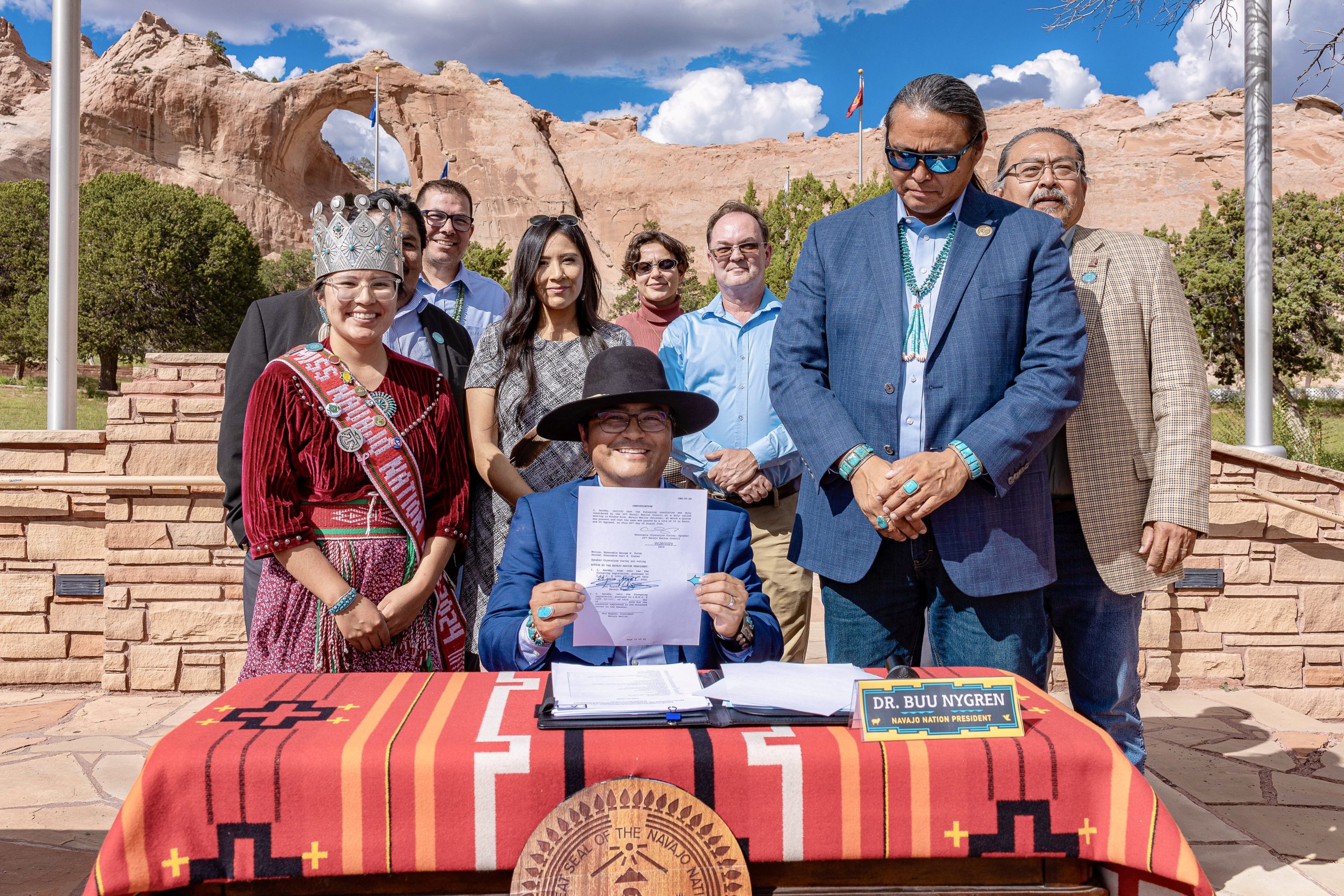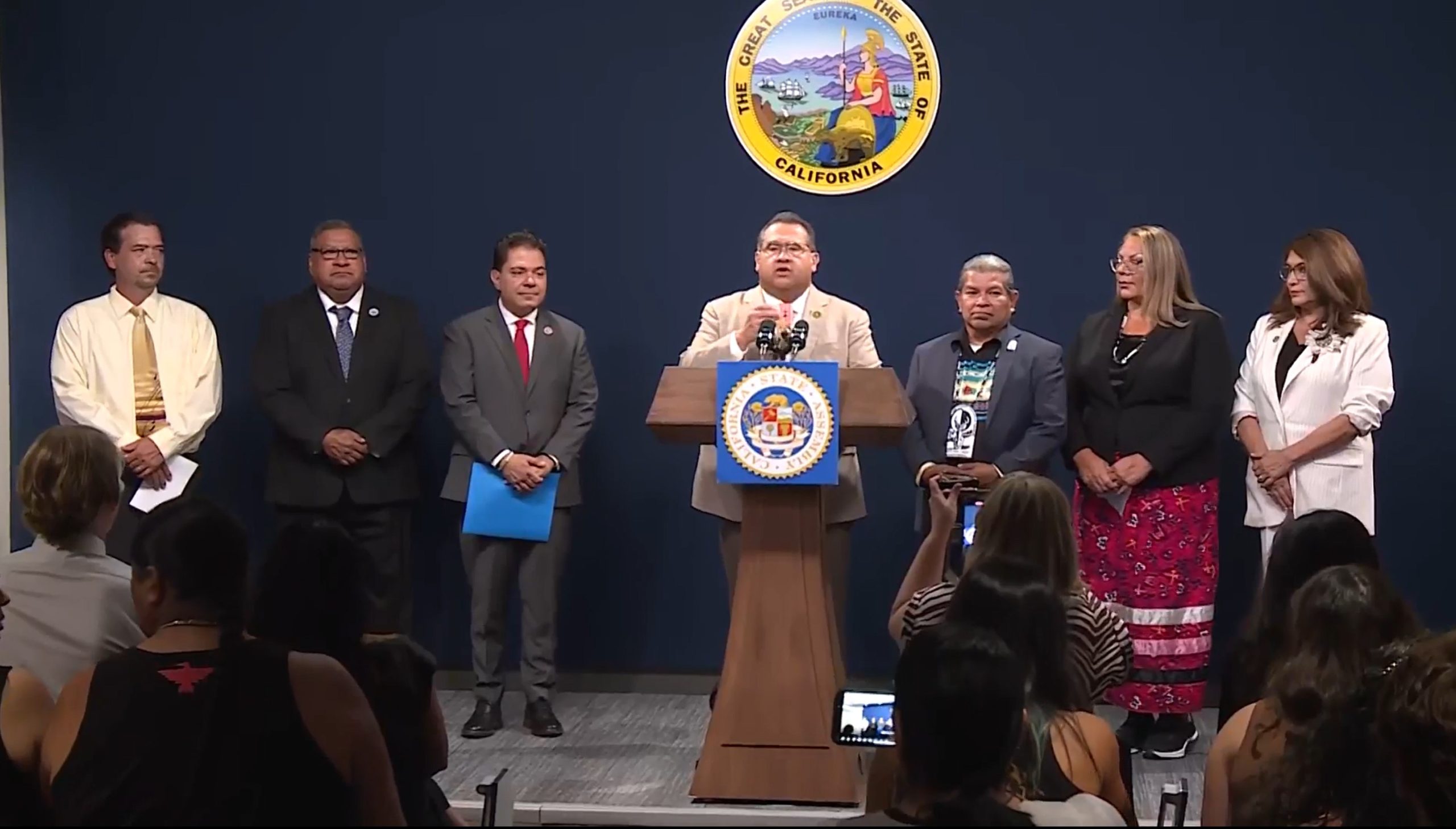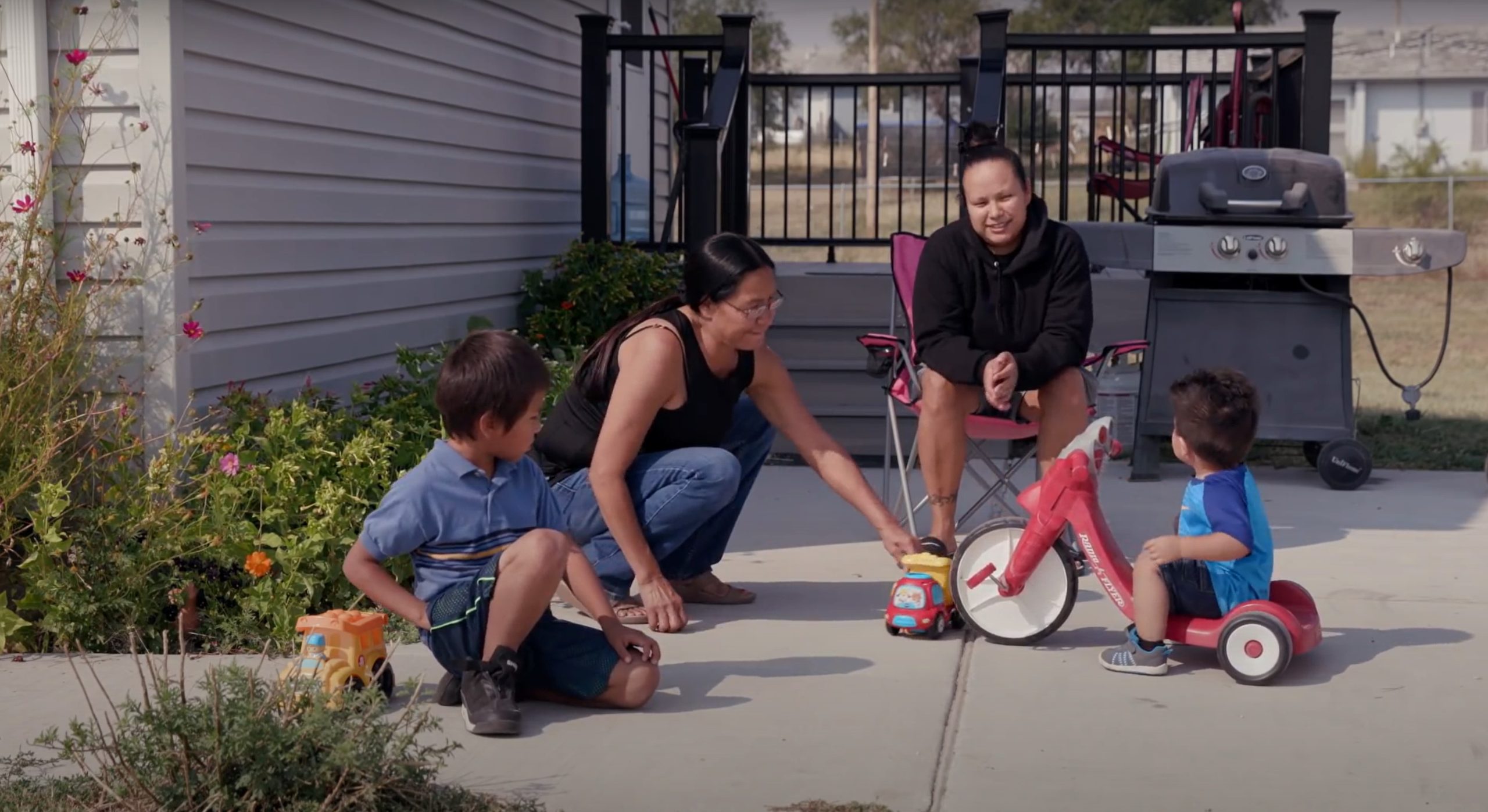Podcast: Play in new window | Download | Embed
Photo: Grand Chief Cathy Merrick. (Courtesy Assembly of Manitoba Chiefs)
Condolences have been pouring in over the weekend, after the sudden death of a senior Native leader in Manitoba.
Cathy Merrick was the Grand Chief of the Assembly of Manitoba Chiefs.
As Dan Karpenchuk reports, she collapsed outside a courthouse on Friday.
Police and those on scene performed emergency care before she was taken to hospital.
The Assembly of Manitoba chiefs confirmed her death in a statement and said it would honor Merrick’s legacy and continue her work.
In 2022, Cathy Merrick became the first female chief in the history of the organization and then she was re-elected in July.
On Saturday, Indigenous leaders came together to mourn her loss.
Here’s Pimicikimak Cree Nation Chief David Monias.
“She leaves a big void, a big footprint in our hearts in Manitoba, especially in the Indigenous communities across Manitoba and across Canada.”
Merrick was described as a tireless advocate for Indigenous health care and for missing and murdered Indigenous women and girls.
Premier Wab Kinew says she was instrumental in calling on Manitoba to conduct a search of a landfill for the remains of two Indigenous women.
“And so, when we think of the legacy she leaves behind in calling all of us to work together as one province to make this a place where we live up to that phrase that we’re going to honor in a few weeks-time, where every child matters, that’s why I say that she was our grand chief, chosen by the chiefs, but a servant of all people of all backgrounds.”
Merrick was also remembered for her positive attitude and guidance.
Prime Minister Justin Trudeau described her as a relentless and effective advocate for First Nations peoples, especially those most vulnerable, and a leader that inspired so many.

(Photo: C.J. Keene / SDPB)
The death of a Rapid City, S.D. teenager has broken hearts across the Native community, as members of the community seek change.
Many attendees of a recent candlelight vigil asked for one thing – an end to gun violence.
South Dakota Public Broadcasting’s C.J. Keene has more.
Xavier White Whirlwind was shot in the head on East Fairlane Drive between Ivy and Elm Streets on September 2.
The 13-year-old died later in the hospital.
Dominick Stands is Xavier’s father.
“I’ll remember his personality, and his little spirit. He had a free spirit. He wasn’t afraid to get into anything or try anything new. He had courage, braveness, no fears. Just happy. He liked to meet a lot of people and he brought everybody light.”
As the candles burn in the night for Stands’ son, parents clutch their children.
Coursing through the event is a plea to the next generation to avoid the cycles of drug abuse and gang violence that create the need for these vigils.
That includes Waylon Stands, who helped raise Xavier.
“There’s only two ways out, death or jail. We don’t want that anymore. They don’t want us empowering ourselves, educating ourselves. We have the power, and it’s got to stop. Thank you all for coming out tonight. Wopila tunkasila for guiding us. Wopila.”
After sharing sage, prayer and tears, the family and community shared in song.
The Rapid City Police Department has two persons of interest in the case.
An anonymous tip can be submitted by texting the letters “RCPD” and the information to 847-411.

(Courtesy University of Arizona College of Nursing)
The University of Arizona College of Nursing has received a federal grant to help support Indigenous students pursing nursing careers.
The more than $1 million grant from the U.S. Department of Health and Human Services’ Indian Health Service will fund the “Indians in Nursing” program for five more years.
The program provides Indigenous students financial support for tuition, fees, and a living stipend.
Get National Native News delivered to your inbox daily and stay up-to-date on the 2024 Native Vote. Sign up for our daily newsletter today.


 The event “Reconciliation through Art” is taking place September 30 in Almonte, Ontario, Canada.
The event “Reconciliation through Art” is taking place September 30 in Almonte, Ontario, Canada.



 A new program at Arizona State University (ASU) will help tribes with resources and support to establish a plan for digital sovereignty.
A new program at Arizona State University (ASU) will help tribes with resources and support to establish a plan for digital sovereignty.







 A measure to include tribal voice and knowledge in natural resource management is headed to Gov. Gavin Newsom (D-CA).
A measure to include tribal voice and knowledge in natural resource management is headed to Gov. Gavin Newsom (D-CA).

